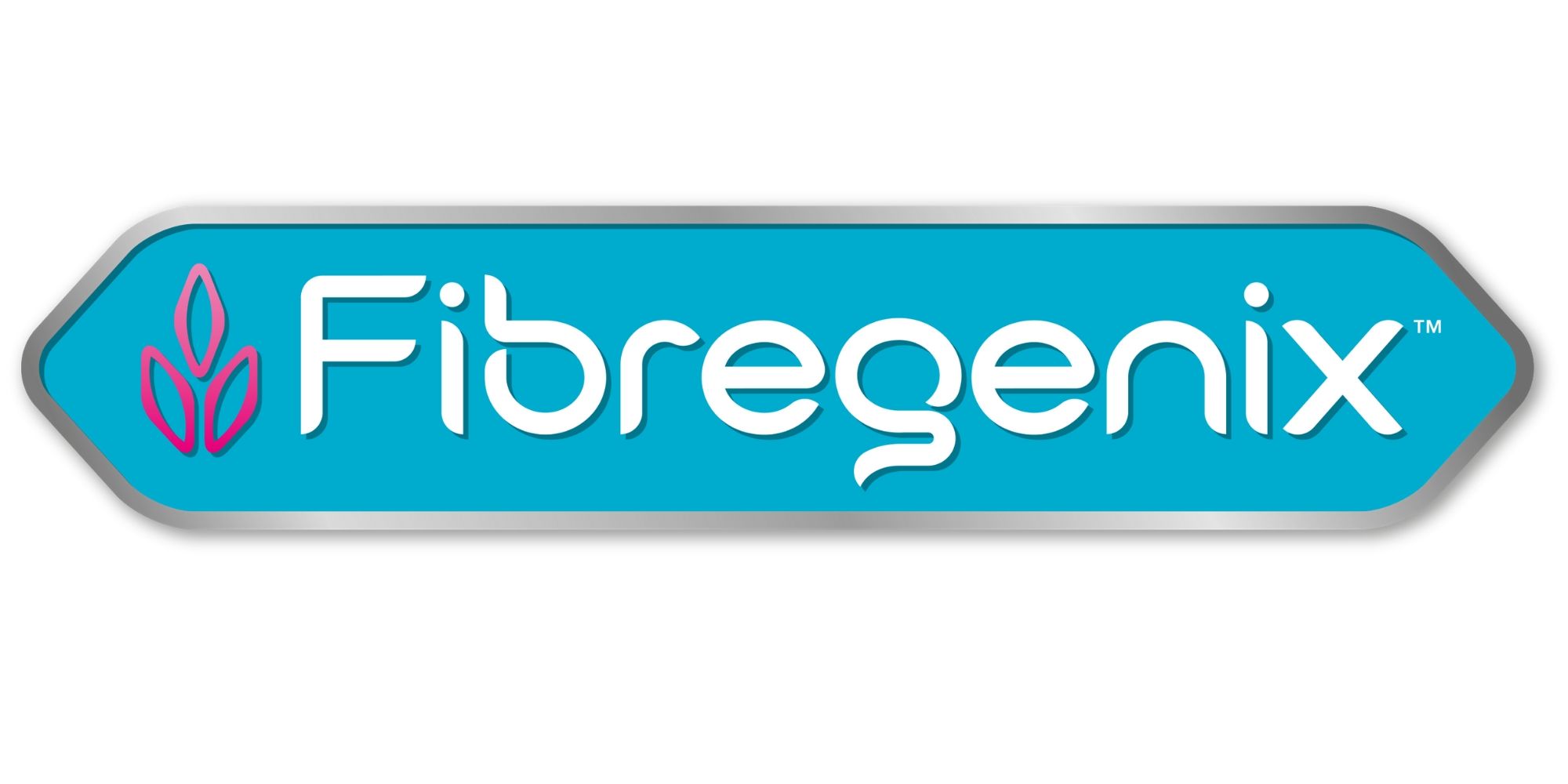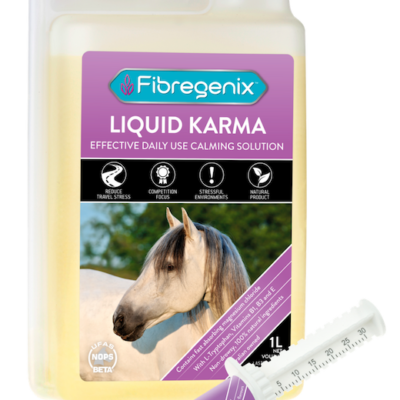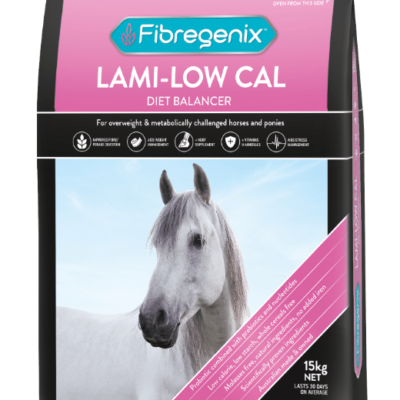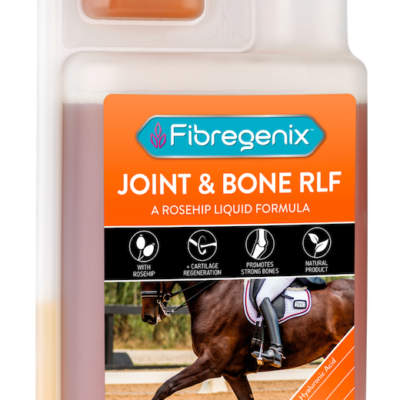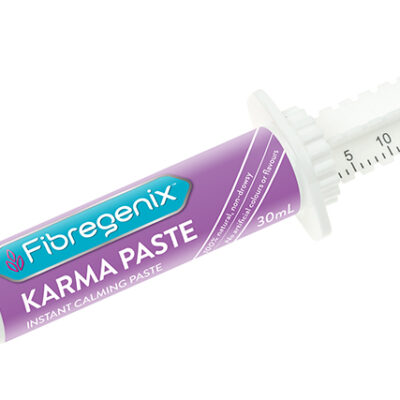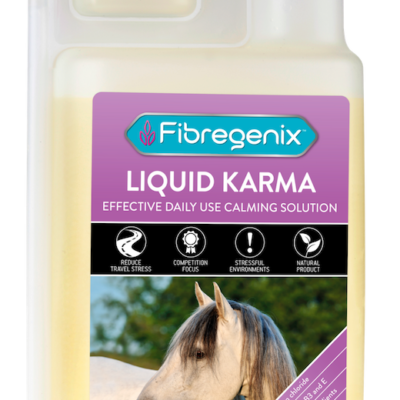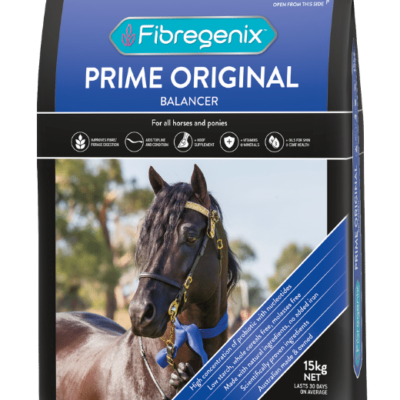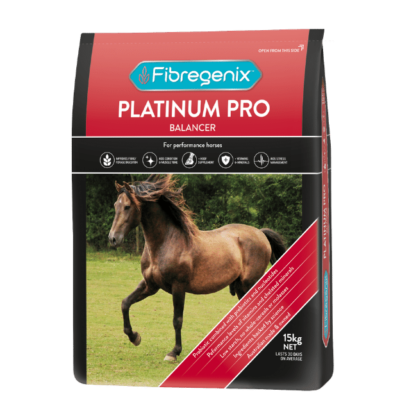The jury is out as to whether a yeast probiotic can positively affect the gram positive bacteria (the ones that produce acid). However, as the yeast has to pass through the stomach before it gets to work on the hind gut, it is possible that this could help from this point of view. So although we can’t say ‘your horse will not get ulcers when fed on Prime Original’, we can help you to alter your feeding regime accordingly to help reduce the risk. Hence reduced amounts of hard feed and lots of fibre, combined with the digestive aids in Fibregenix to generally help to settle the gut.
Yeast is a biological buffer, so it takes slightly longer to work than pouring alkaline solution down a horse’s throat. The yeast manipulates the bacterial population in the hind gut, increasing the number of fibre digesters as well as increasing the number of lactate utilising bacteria.
Another advantage is the inclusion of purified nucleotides. Nucleotides play a role in improving cell turnover, repair and growth. They optimize the natural protective mechanisms of the mucosal lining, helping to maintain a healthy GI tract. Supplementing a horse’s diet with nucleotides increases mucosal thickness and protein levels through increased availability of genetic precursors. Therefore Fibregenix may play a valuable role alongside veterinary treatment, in recovery/repair of the gastric mucosal lining affected by ulcers.
